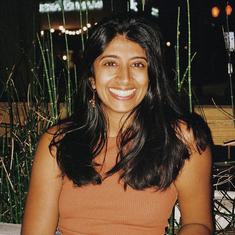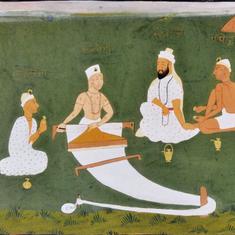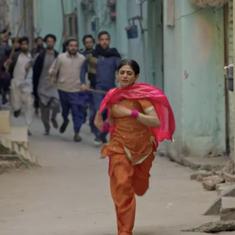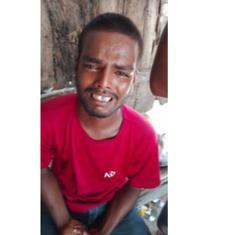Centre opposes lifetime election ban for convicted politicians
The Union government told the Supreme Court that imposing such a disqualification was exclusively the domain of Parliament.

The Union government on Wednesday told the Supreme Court that it opposes a petition seeking to permanently bar politicians convicted in criminal cases from contesting elections, Live Law reported.
The Centre said that disqualification periods were a matter of legislative policy and that the question of imposing a lifetime ban falls solely within Parliament’s domain.
“By confining the operation of the penalty to an appropriate length of time, deterrence is ensured while undue harshness is avoided,” the Centre said in an affidavit.
The government made the submission in response to lawyer Ashwini Upadhyay’s 2016 petition challenging the constitutional validity of Sections 8 and 9 of the Representation of the People Act, 1951.
Section 8 of the Act states that individuals convicted of specified offences face a six-year disqualification after serving their sentence. Section 9 disqualifies public servants for five years if they have been dismissed for corruption or disloyalty to the state. Upadhyay’s petition seeks to extend this disqualification to a lifetime ban.
The Centre argued that the existing provisions were “constitutionally sound” and that Parliament determines disqualification terms based on proportionality and reasonability. It added that many penal laws impose time-based disqualifications and that limiting the effect of penalties by time is not unconstitutional.
“The petitioner’s plea to replace ‘six years’ with ‘life-long’ in Section 8 of the Act essentially seeks to rewrite the law, which is not supported by judicial review or constitutional principles,” the government said.
On February 10, a Supreme Court bench of Justices Dipankar Datta and Manmohan sought the Union government’s response in the case, noting that the criminalisation of politics is a serious issue. The bench also flagged a conflict of interest, observing that politicians are responsible for making election laws.
A report by the Association for Democratic Reforms found that 251 (46%) of the 543 candidates who won in the 2024 Lok Sabha elections have criminal cases against them. Of these, 170 (31%) face serious charges, including rape, murder, attempt to murder, kidnapping, and crimes against women.









